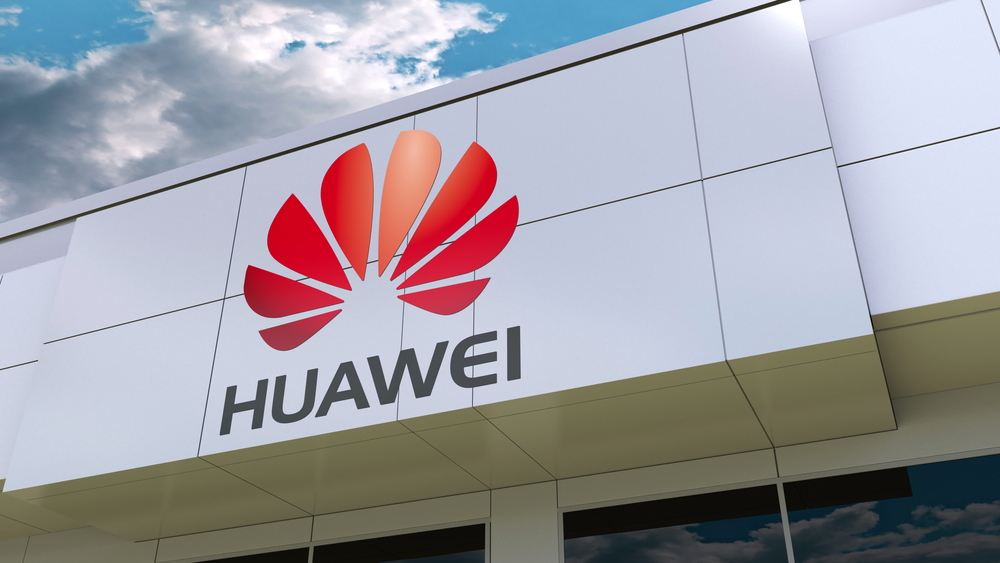There is always a new threat.
Something is out there, just waiting to ruin us.
A terror attack. A financial collapse. A societal dive that leads to a complete breakdown.
No one wants any of these things. Not even the corrupt pollies themselves.
But every time something devastating happens, governments see it as an opportunity. It’s an opportunity to expand power.
It’s for the good of the people, they say.
Yet these expanded powers invariably limit the rights of those they seek to protect.
The typical example might be 9/11…
What happened to the land of the free?
After the devastating attack on the Twin Towers, the US government did the right thing to act.
They beefed up airport security to protect the American people. They decided to keep a closer eye on suspicious characters. They also became more aware of the potential threats coming out of the Middle East.
So, they introduced the Patriot Act.
It expanded government powers to collect information on radicals that want to do harm to the US.
The law was so large and broad, it also gave the government the power to watch over and collect information from everyday Americans.
Why do they need this power?
To find the extremist! No one is going to argue with that.
But why then do they pull no extremists into court? Why do they find ways to limit the rights of citizens who have done nothing illegal, they may just have unsavoury viewpoints about the government?
Why do they go after people like Edward Snowden who just want to give the American people information on what governments are doing?
I don’t think this is how the true conservatives of the US envisioned the New World.
They saw a government with limited powers. A decentralised organisation with the chief aim of protecting the people and their rights.
The land of the free is a far cry from its original intent. Both sides of the political landscape are power hungry (maybe the democrats more so than the republicans).
Blue or red, both use fear and crisis to increase their power. Whether that’s to watch over the American people or to interfere in industry.
Just look at what Trump is doing to Huawei…
It’s not China that’s the problem, it’s governments
You’ve seen the headlines, you know what’s happening.
Trump is gung-ho on keeping Huawei out of American telecommunications and those of its allies. It’s for the good of the American people, Trump says.
China has spy wear. And they use it to spy on American businesses and the American public. That might well be true. But the American government does exactly the same thing!
And they’re using this argument to interfere with businesses and put pressure on China.
A whole bunch of Huawei tech is already in use all over the US. Why all of a sudden does the government now not like it and deems it a threat?
It’s the same deal over in Canada. The National Post writes:
‘…the Chinese tech giant considered by several of Canada’s allies as a security threat has quietly established itself as an important provider of technology essential to Canada’s telecom infrastructure, a situation that is not likely to change any time soon.’
It’s because Huawei is an easy target.
They are the new ‘threat’, the new ‘crisis’, which the government can use to expand power, put pressure on China and win votes.
Huawei is not the bogeyman. It’s just an ordinary business at the end of the day.
In 2004, no one had ever heard of the company. Telfort (a Euro telecom) contacted the group to solve a problem. The price and space to deploy 3G base stations was a potential roadblock.
Huawei Euro operations, which was just a few employees at the time, went away and solved the problem.
Within a week, Huawei developed a station that could be deployed in two markets. It needed much less space. And it was cheaper to install.
This is the story of most successful businesses everywhere. They develop new and better products or services for problems people have.
But they’re Chinese. And they’re not like us. So they’re the perfect target.
More recently, Huawei decided to take the US to court. They’re suing the government for its unfair interventionism.
From the Australian Financial Review (AFR):
‘In another escalation of the trans-Pacific dispute, Huawei plans to announce a lawsuit against the US government on Thursday on grounds related to a defence bill, a source with knowledge of the matter told Reuters.
‘Huawei will challenge an addition to the US National Defence Authorisation Act (NDAA) signed last year, which controlled US government contracts with Chinese companies and strengthened the role of the panel that reviews foreign investment proposals. Beijing has condemned the NDAA act as targeting China.
‘Trump last year signed the law that limits Huawei and ZTE Corp’s access to US government and military contracts. That is part of an all-out US effort to close the two companies’ access to not only the US market but major telecoms markets around the world where 5G networks are being designed and built.’
The AFR added that Trump might even be considering declaring a national emergency to outright ban Huawei tech. If you’re unfamiliar with the term, Duhaime explains:
‘In the United States, powers were interpreted from constitutional documents to vest in the President to declare a national emergency. Unfortunately, no written criteria were developed nor were any safeguards developed to end a national emergency.
‘By 1976, in US v Bishop, the United States Court of Appeals, 19th Circuit, noted that on four occasions a national emergency had been invoked by the American President: 1933, 1950, 1970 and 1971. None had ever been revoked.’
Of course, the whole process (suing the government) will be lengthy and drawn out.
Just add it to the pile of things investors are stressing about.
Good government is small government,
Harje Ronngard
